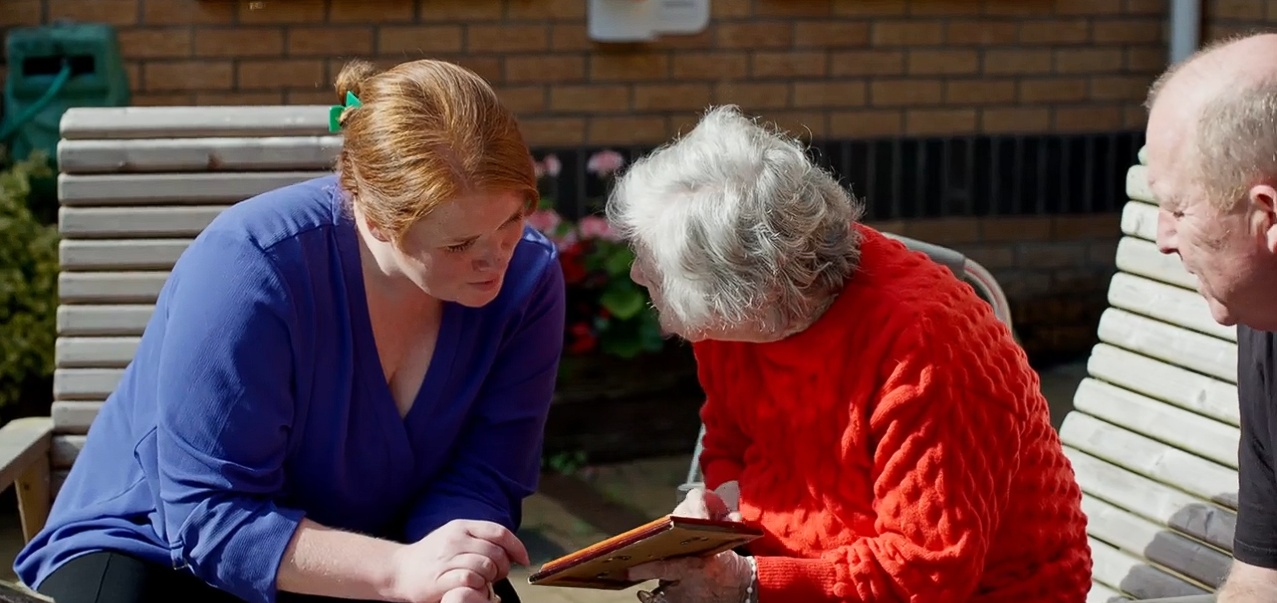
-
Source
The violence of narrative: embodying responsibility for poverty-related stress
Narratives of self-responsibility are pervasive in neoliberally oriented contexts, and have been found to engender feelings of shame and failure amongst those affected by poverty. Here, we use findings from research in two low-income communities in south-west England to examine how these narratives become embodied within people's daily lives when they intersect with systems of welfare support and the current political drive to upscale treatment for common mental health conditions. Drawing on Bourdieu's notion of symbolic violence, we examine how narratives of self-responsibility and associated welfare reform strategies impact on the mental health of people living in economic hardship. The data show how such narratives inflict, sustain and exacerbate mental distress and suffering, and how they become naturalised and normalised by individuals themselves. We demonstrate how this situation pushes people to seek support from General Practitioners, and how clinical interactions can normalise, and in turn, medicalise, poverty-related distress. Whilst some people actively resist dominant narratives around self-responsibility, we argue that this is insufficient under broader sociocultural and political circumstances, to free themselves from the harms perpetuated by symbolic violence.




